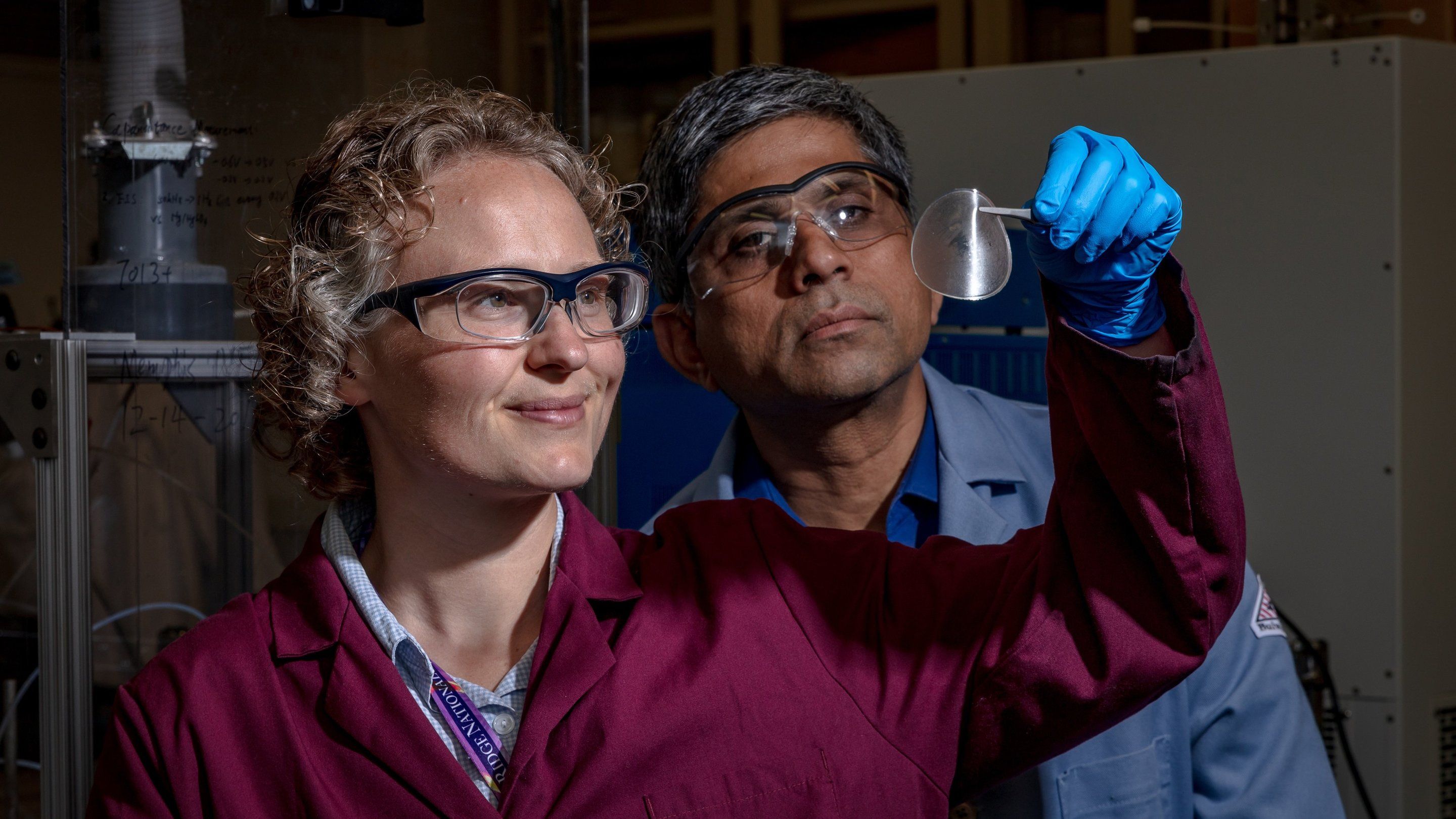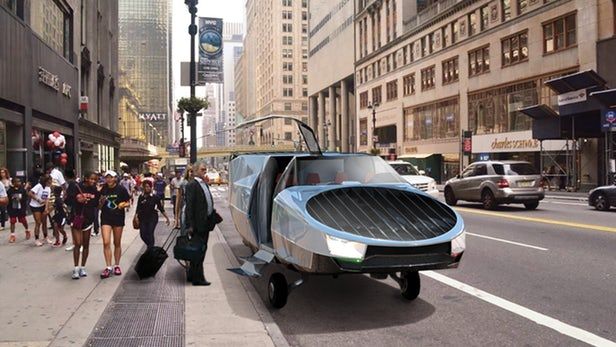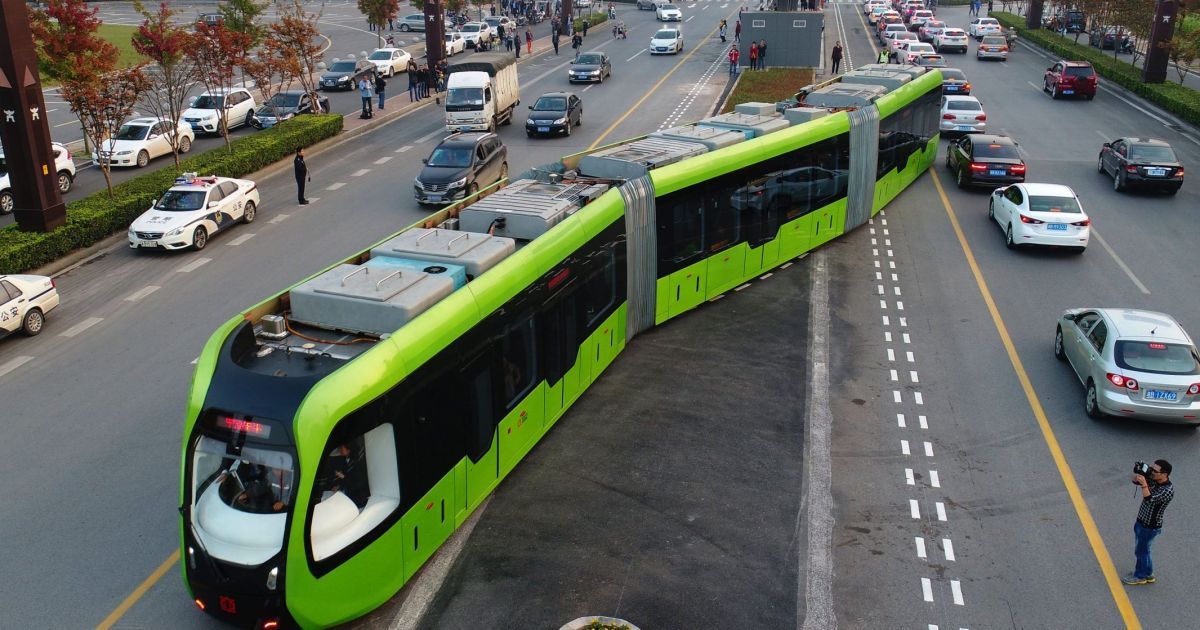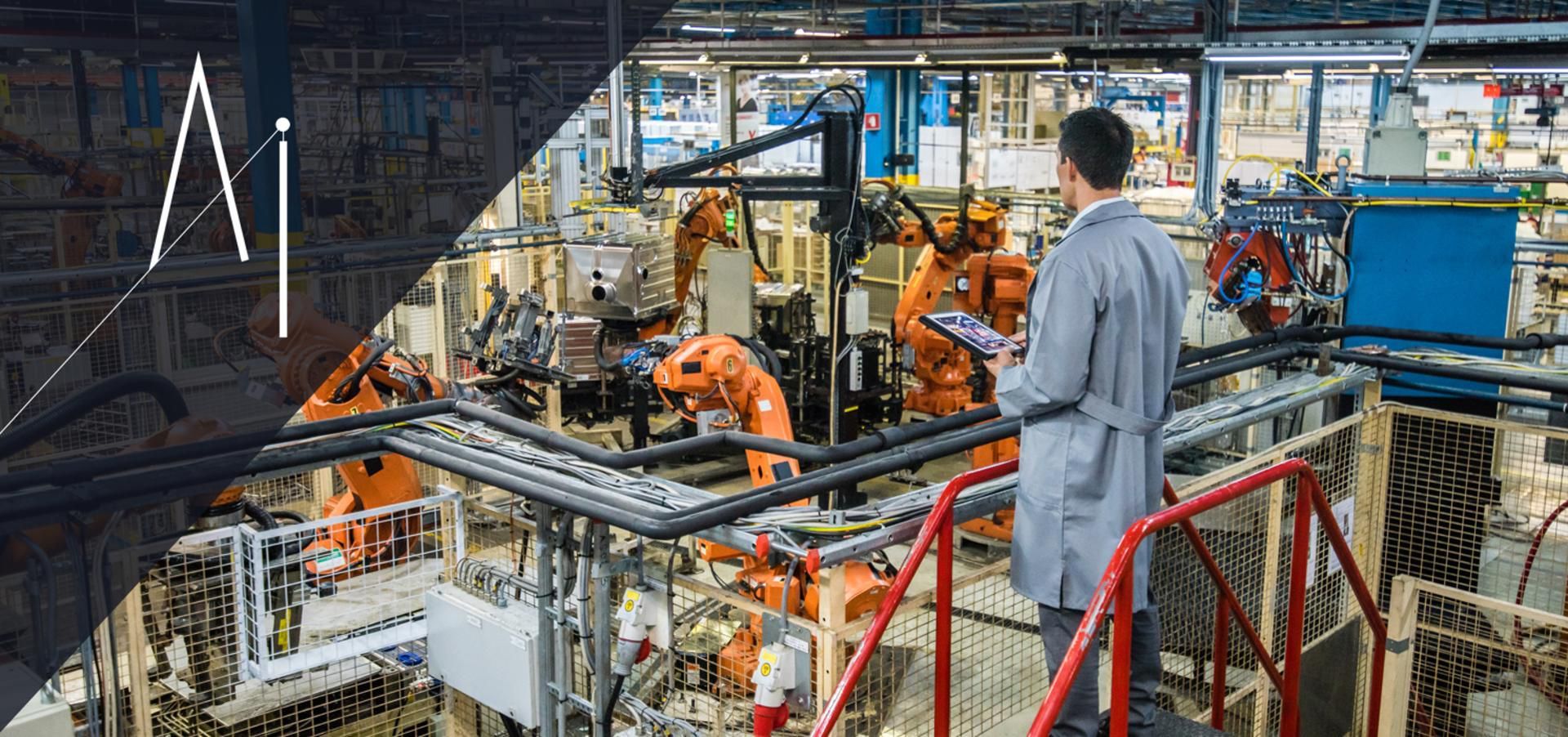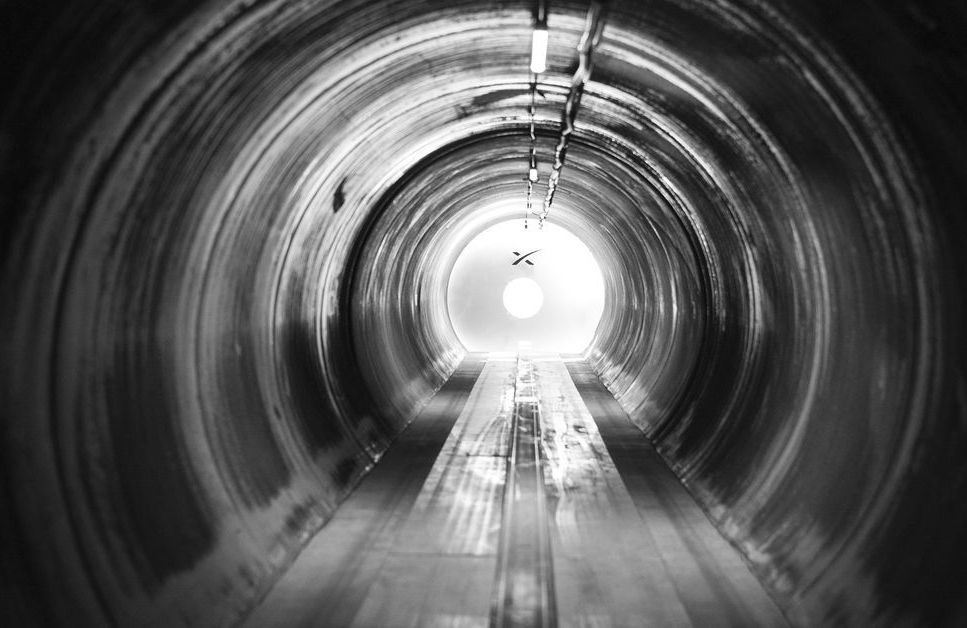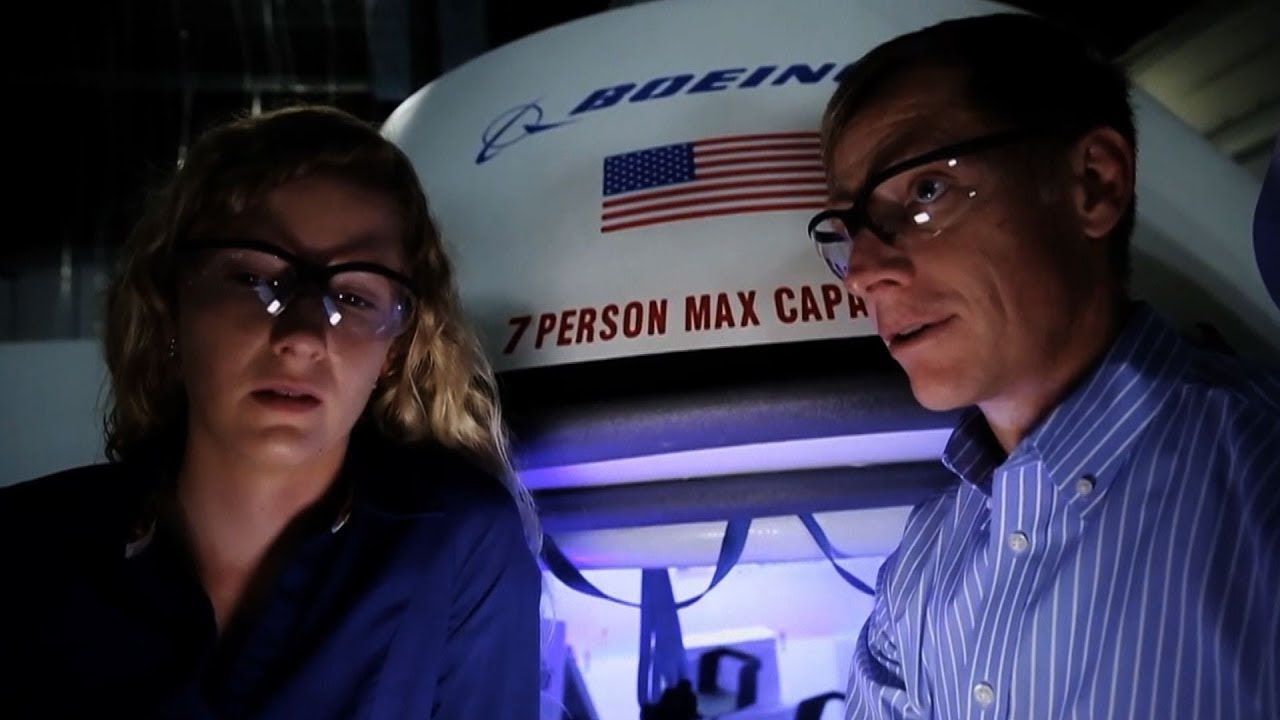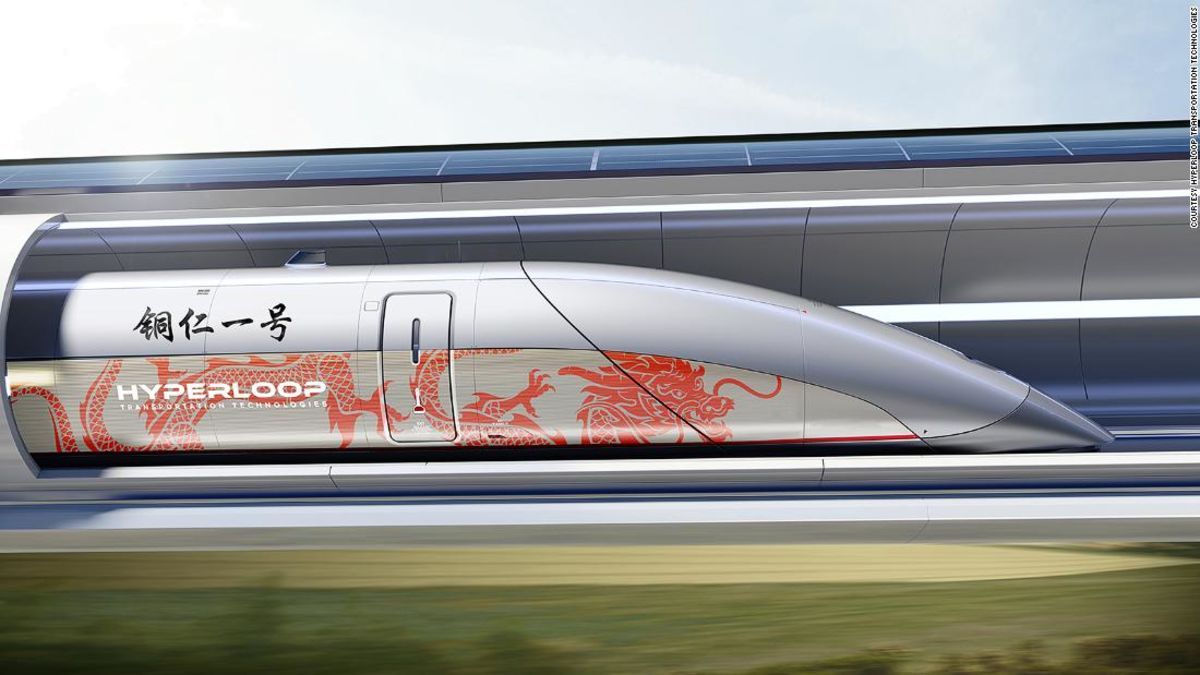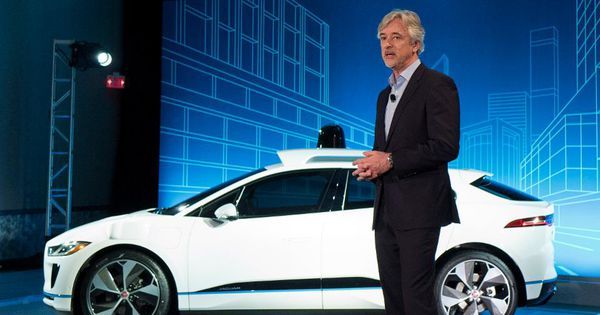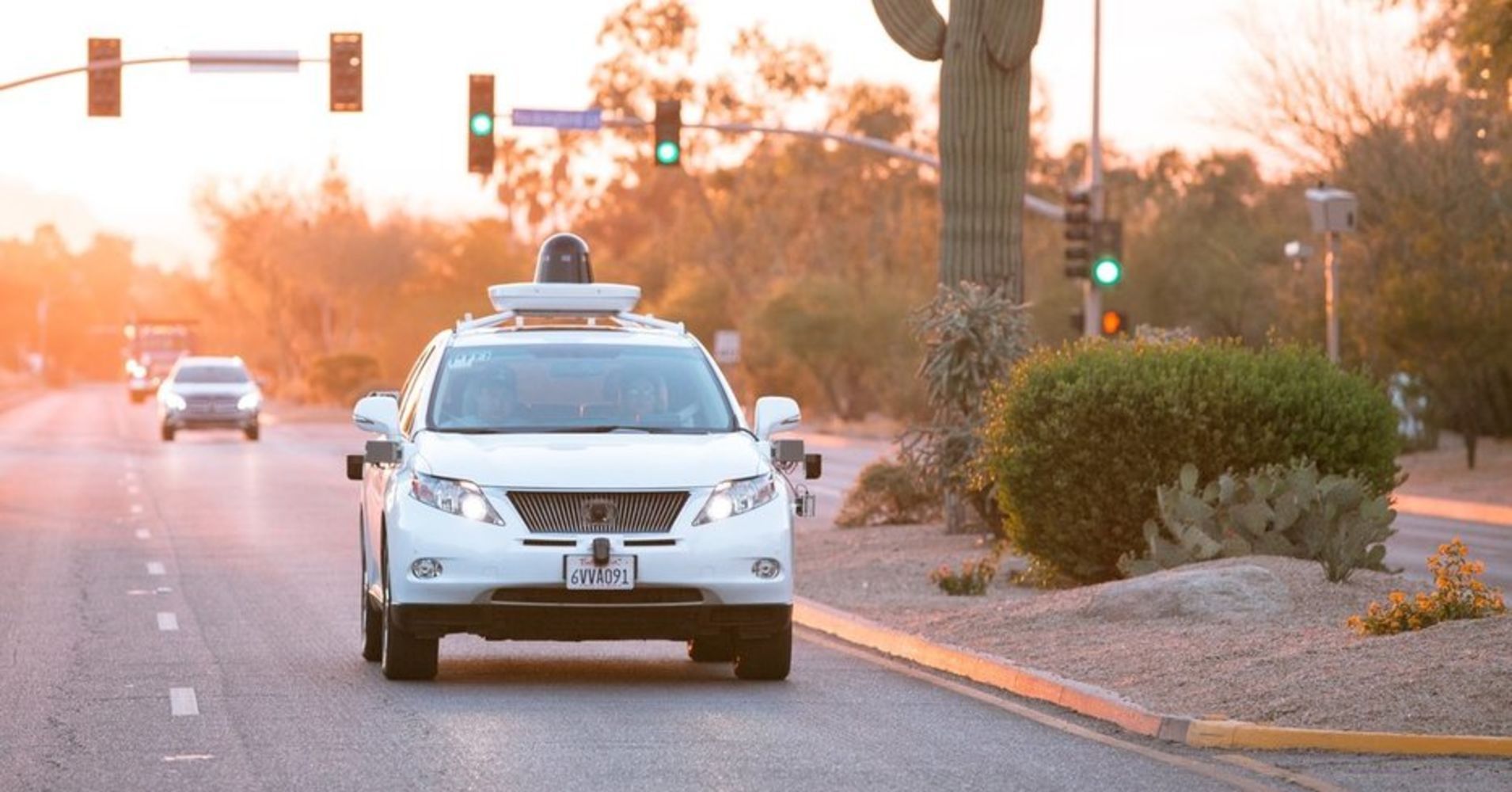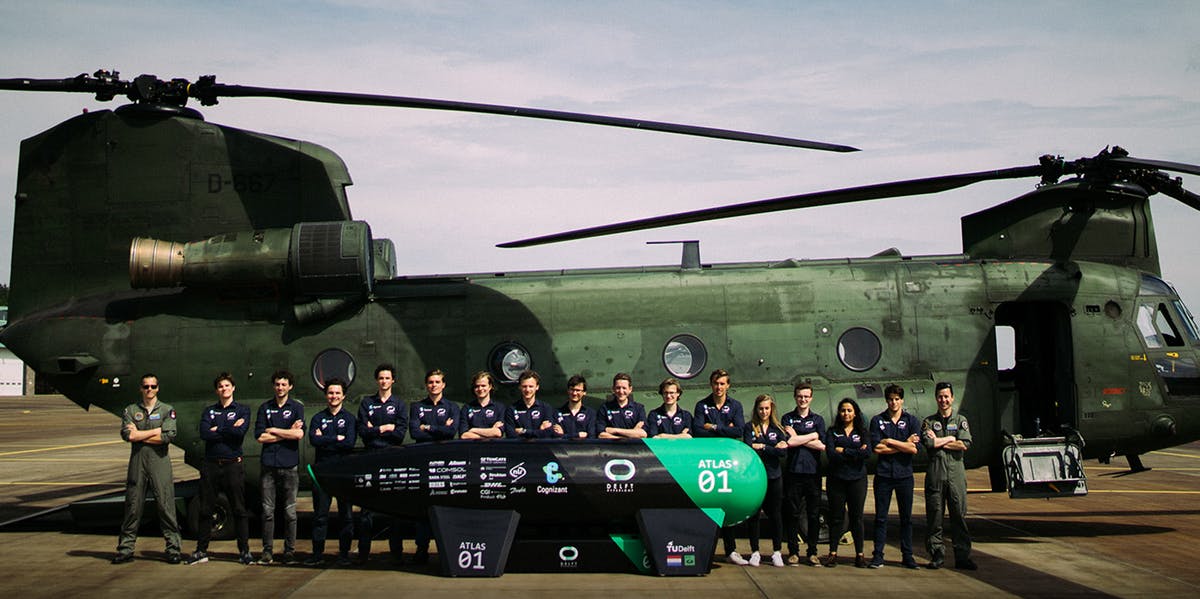The big roll out Was going to be 2022, now looking like maybe 2027. There has been some shady stuff happening in the background in the USA to hold up self driving cars. It seems the people who were set to lose a lot of money on the changeover have found ways to hold it up.
Despite the rapid accumulation of testing miles, Krafcik warned the governors not to end all of their infrastructure investments just yet. Responding to a question about the need for new parking facilities, he responded that there will be a very long period of overlap between personally owned human driven vehicles and shared automated vehicles from Waymo and others. He suggested that it might be possible to slow down on some massive parking structures but was non-committal on timelines.
With Waymo planning to launch its commercial service by the end of 2018, GM coming in 2019 and others including Zoox, Daimler and Voyage in the next 2–3 years, there will be shared automated vehicles on the road. However, these will be limited to locations where they are demonstrated to function reliably and there is a market for ride-hailing despite the optimistic projections of some investors and developers. Widespread adoption in the millions of vehicles globally is unlikely before the latter half of the 2020s.
Krafcik was equally non-committal to Sandoval’s query about when he might be able to purchase his own car with Waymo technology. While Waymo and Fiat Chrysler are in talks about utilizing this virtual driver system on cars for retail sale, Krafcik said it’s going to be some time yet. The emphasis for now is the ride-hailing service, trucking and logistics and working with transit authorities. Supplying systems for personal use cars is last on the timeline.
Read more
